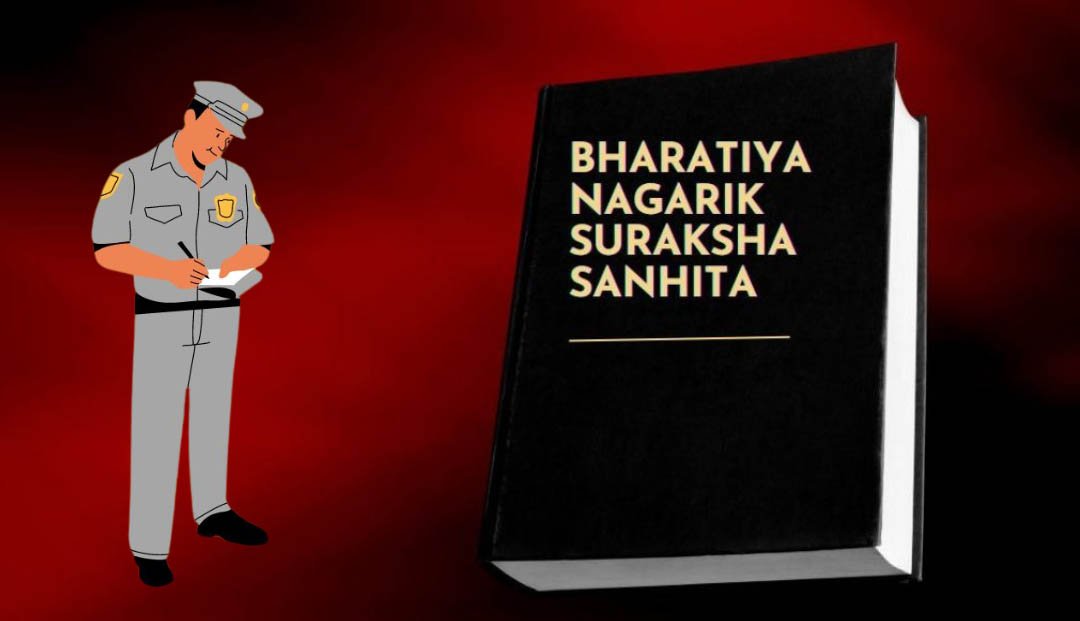The Delhi government has notified the Bharatiya Nagarik Suraksha Sanhita (BNSS) Service of Summons and Warrants Rules, 2025. The rules, approved earlier by Lieutenant Governor V. K. Saxena, allow summons and warrants issued by courts to be delivered electronically via WhatsApp and e-mail. This is part of the rollout of the Bharatiya Nagarik Suraksha Sanhita (BNSS), 2023, which replaced the old Criminal Procedure Code (CrPC) from July 2024.
What the Rules Say
- Electronic Delivery of Summons/Warrants: Court summons will now be generated digitally with the judge’s digital seal and signature, and shared with the accused or concerned individual via WhatsApp or e-mail.
- Fallback to Physical Mode: If the e-delivery fails due to incorrect details or technical issues, courts can still order physical delivery.
- Victim Protection: In sensitive cases, especially under the POCSO Act and crimes involving women, juveniles, or sexual offences, the rules protect victim identity and contact details, ensuring that phone numbers and email IDs remain confidential.
Why This Matters
- Efficiency and Speed: Traditional service of summons and warrants often takes days or weeks. Electronic delivery ensures instant communication and reduces delays in judicial proceedings.
- Less Paperwork for Police: By moving away from manual clerical work, the police force will be able to focus more on law enforcement and investigations instead of administrative tasks.
- Transparency: Electronic service allows for digital acknowledgements and tracking, reducing chances of manipulation, delays, or lost documents.
Data Protection and DPDP Act Readiness: Hundreds of Senior Leaders Sign Up for CDPO Program
Role of Police Stations
Every police station in Delhi will now:
- Maintain electronic or physical records of persons to be served summons or warrants.
- Upload verified details into the Crime and Criminal Tracking Network System (CCTNS) for integration with national crime records.
- Report monthly to jurisdictional courts on the status of summons and warrants.
- Set up Electronic Summons Delivery Centres to:
- Digitally send summons/warrants.
- Record acknowledgements.
- Maintain systematic logs for accountability.
Larger Context: BNSS Reforms
This notification is part of the BNSS, 2023 reforms, which emphasize digitalization in the justice system. Along with provisions for e-summons, BNSS also includes:
- Use of audio-video examination of witnesses.
- Greater reliance on forensic evidence.
- Mandatory electronic recording of arrests and search operations.
Implications
- For Citizens: Faster, transparent communication from courts, but also greater responsibility to check official WhatsApp and e-mail notifications.
- For Victims: Stronger privacy protection in sensitive cases.
- For Police: Shift from paperwork to technology-driven enforcement.
- For the Justice System: A move toward paperless, digital justice delivery, cutting delays and improving case flow.
This news is about Delhi becoming one of the first jurisdictions in India to operationalize e-summons and e-warrants under BNSS 2025, marking a major digital leap in criminal justice delivery by ensuring faster service, protecting victims, and reducing police burden.


